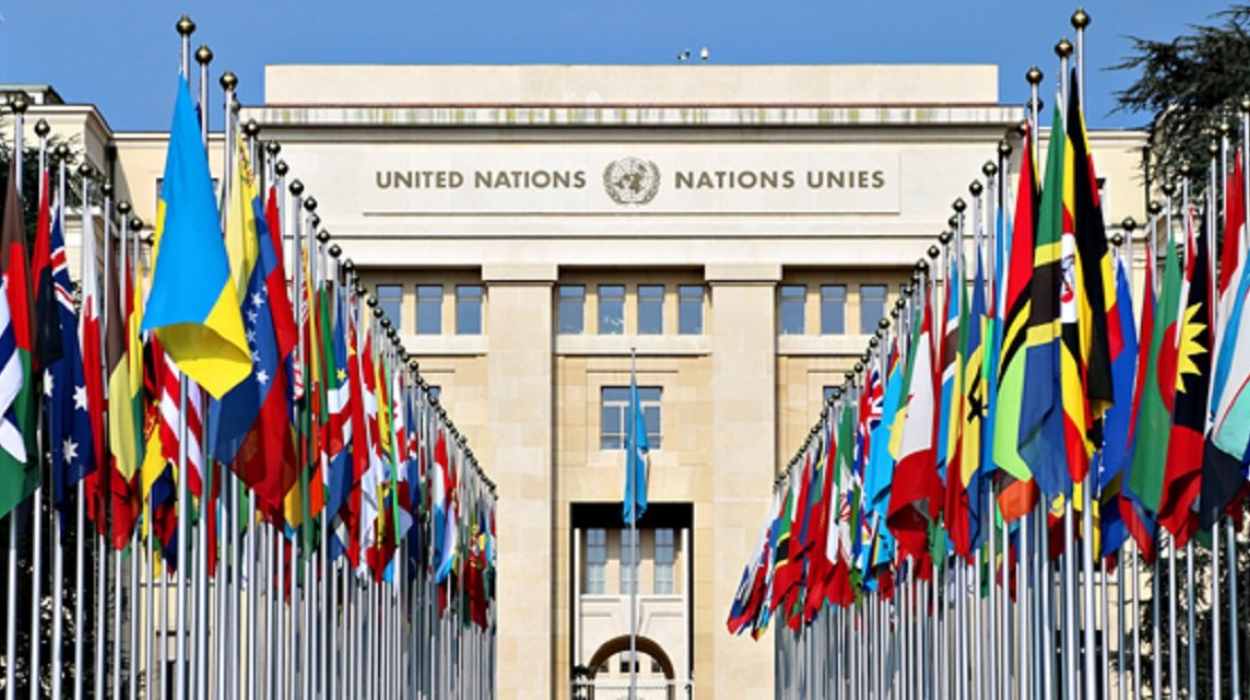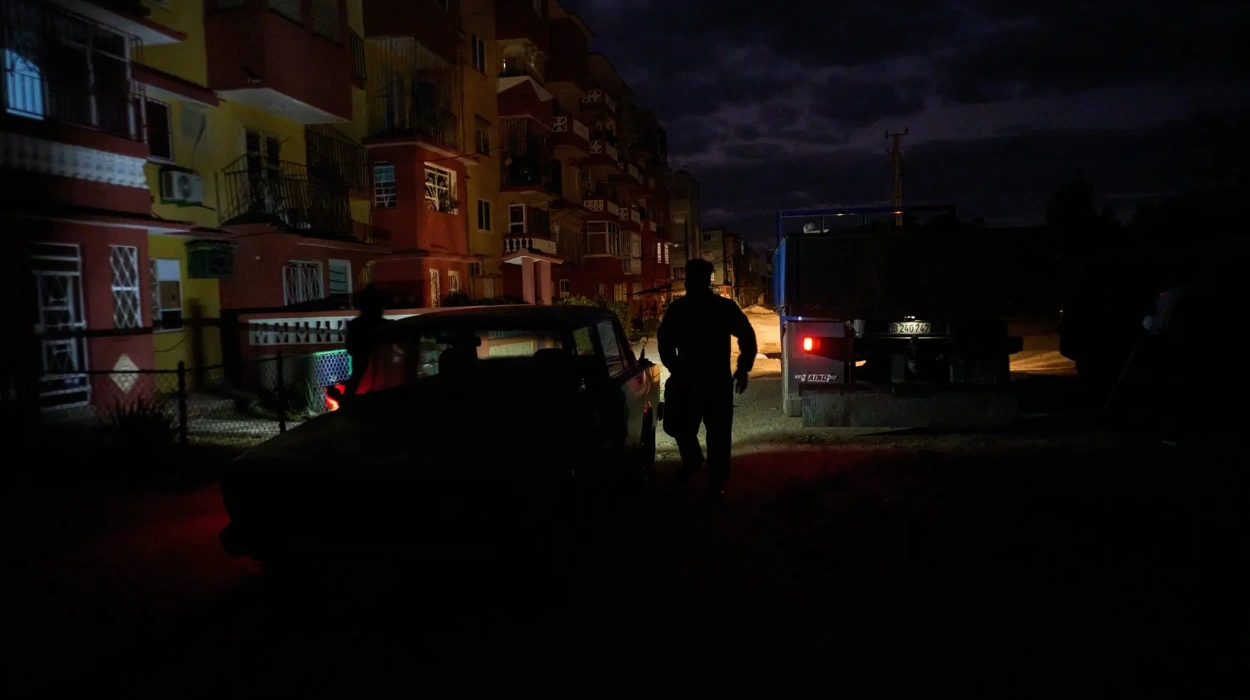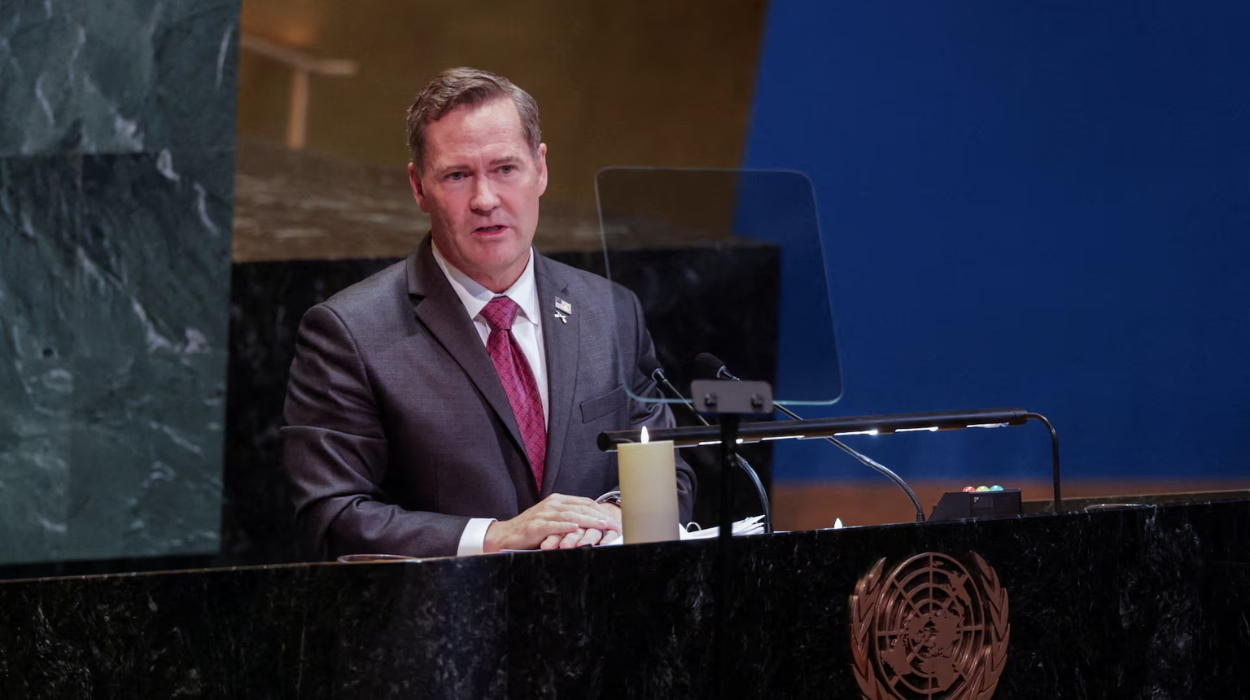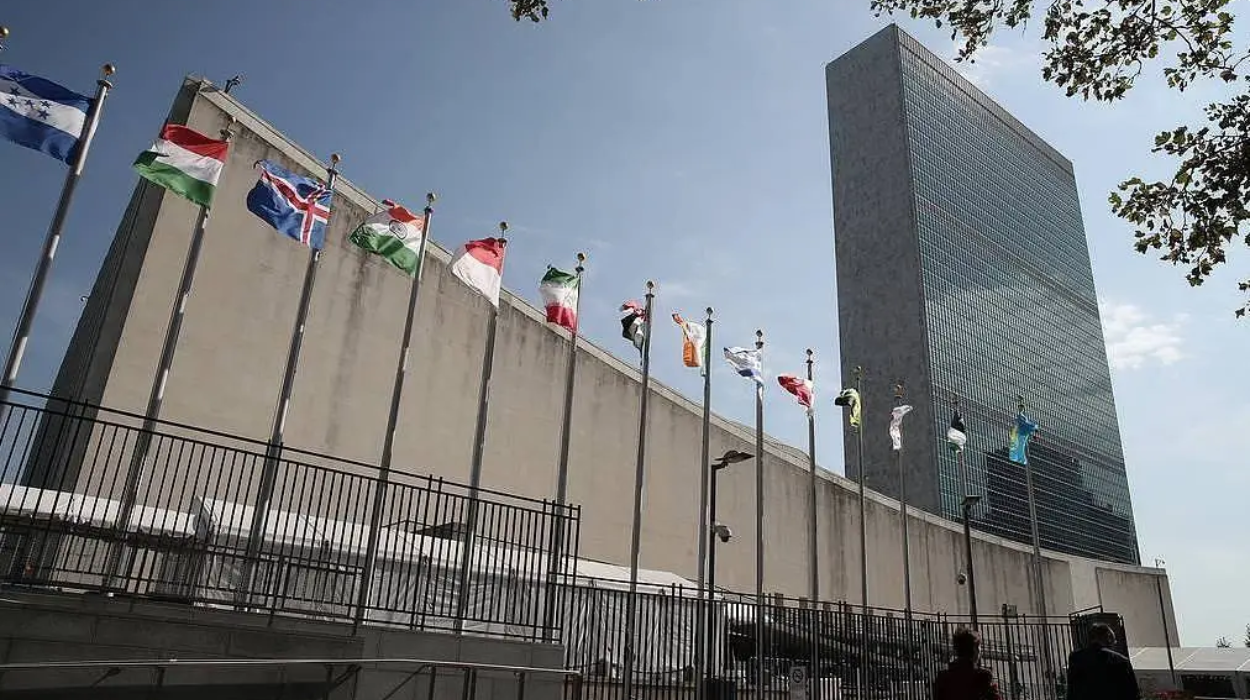The formal complaint lodged by Iran with the UN Human Rights Council (UNHRC) on June 27, 2025, marks a pivotal moment in the aftermath of this month’s war with Israel. The complaint, submitted in Geneva, not only highlights the immediate human cost of the conflict but also underscores the persistent tensions over Iran’s nuclear program and the broader context of human rights in the region. This analysis explores the facts, statements, and implications of Iran’s action, drawing on recent UN reports, official communications, and the evolving diplomatic landscape.
What prompted Iran’s complaint?
The trigger for Iran’s complaint was a sharp military escalation that began with Israeli air attacks on June 13, 2025, followed by U.S. strikes on Iranian nuclear facilities at Fordo, Natanz, and Isfahan. The conflict resulted in hundreds of Iranian civilian deaths, including women and children, and prompted millions of Iranians to flee major cities out of fear for their safety. The psychological toll has been immense: civilians endured sleepless nights, air raid sirens, children unable to attend school, and families forced to seek shelter in unfamiliar or overcrowded conditions.
Iran’s complaint specifically cited attacks on hospitals, residential areas, and nuclear facilities, arguing these constitute “clear violations of the fundamental principles of international law”. The complaint also referenced the targeting of the headquarters of Iran’s state broadcasting agency (IRIB), which reportedly killed three people, and the targeted killing of scientists—actions that, according to the UN Fact-Finding Mission and Special Rapporteur, “appear to have been carried out in violation of the principle of distinction under international humanitarian law”.
What Are the Main Arguments and Statements from Each Side?
In its letter to UN High Commissioner for Human Rights Volker Türk, Iran condemned the attacks as war crimes and demanded international accountability. Iranian officials maintain that their nuclear program is strictly for civilian purposes, countering Israeli and Western allegations of a covert weapons agenda. Iran’s foreign minister was scheduled to address the Council and meet with EU, British, French, and German counterparts to discuss de-escalation.
Israel’s position
Israel asserts that its military operations targeted legitimate military objectives to prevent Iran from acquiring nuclear weapons. Israel’s ambassador to the UN in Geneva, Daniel Meron, vehemently objected to Iran’s participation in the Human Rights Council, calling it an attempt to “advance the regime’s tyrannical agenda” and stating, “Allowing the Iranian foreign minister to address this assembly further diminishes the council’s integrity and represents a clear betrayal of the numerous victims of this regime across the globe”.
UN and International response
The UN Fact-Finding Mission and Special Rapporteur called on all parties to “immediately respect international law and protect civilians, who have borne the brunt of casualties so far”. The UN Human Rights Office expressed “serious concerns that some attacks are taking place in populated areas with reports of civilian casualties” and urged both sides to “fully respect international law, in particular by ensuring the protection of civilians in densely populated areas and of civilian objects”. The UN Secretary-General’s report noted that “many thousands of residents are fleeing parts of the capital Tehran as a result of warnings covering broad areas”.
What is the broader Human Rights context in Iran?
On April 3, 2025, the UN Human Rights Council expanded the mandate of its Fact-Finding Mission on Iran to investigate all serious human rights violations, not just those related to protests. The resolution renewing the mission passed with 24 votes in favor, 8 against, and 15 abstentions. The Fact-Finding Mission’s expanded scope includes documenting abuses such as mass executions, torture, and discrimination against women, children, and minorities.
The UN reported a record 975 executions in Iran in 2024, the highest since 2015, with over half for drug-related offenses and a disproportionate number among ethnic minorities. The UN Secretary-General’s interim report painted a grim picture of systematic human rights violations, including the use of torture, suppression of civic freedoms, and gender-based discrimination. The UN has called for Iran to abolish all forms of corporal punishment and to grant access to independent investigators.
How is the International community responding?
The conflict and Iran’s complaint have intensified diplomatic activity. Israel objected to Iran’s participation in the Human Rights Council, arguing that it undermines the council’s integrity and serves as a platform for Tehran’s agenda. Shortly after lodging its complaint, Iran’s foreign minister was scheduled to engage in discussions with the EU’s foreign policy chief and his counterparts from Britain, France, and Germany to seek de-escalation.
The expanded UN Fact-Finding Mission is now tasked with collecting, analyzing, and preserving evidence of human rights abuses for possible legal proceedings, including under the principle of universal jurisdiction. This move signals a growing international resolve to hold perpetrators of serious violations accountable, regardless of their official status or location.
What are the key legal and humanitarian issues?
Both the UN and human rights experts have stressed the need for all parties to respect the principles of distinction and proportionality under international humanitarian law. The targeting of civilian infrastructure, such as hospitals and residential areas, and the resulting mass displacement and trauma, are central to Iran’s complaint and the UN’s ongoing investigations.
Israel and Western countries continue to allege that Iran is covertly pursuing nuclear weapons, while Iran insists its program is peaceful and civilian in nature. This dispute remains a core driver of regional instability and military escalation.
International community’s determination
Iran’s formal complaint to the UN Human Rights Council in June 2025, following the latest war with Israel, has brought renewed international scrutiny to both the conduct of hostilities and the broader human rights situation within Iran. The recent conflict resulted in hundreds of civilian deaths, including women and children, and forced millions of Iranians to flee major cities amid widespread psychological trauma and destruction of civilian infrastructure. Iran’s letter to the UN High Commissioner for Human Rights specifically cited attacks on hospitals, residential areas, and nuclear facilities as “clear violations of the fundamental principles of international law,” and called for accountability for the suffering inflicted on civilians.
The international community’s response has been robust and multifaceted. The UN Fact-Finding Mission and Special Rapporteur on Iran have publicly urged all parties to “immediately respect international law and protect civilians, who have borne the brunt of casualties so far”. They noted that some attacks—including the targeting of Iran’s state broadcasting agency headquarters and the killing of scientists—appear to violate the principle of distinction under international humanitarian law. The UN Human Rights Office further expressed “serious concerns that some attacks are taking place in populated areas with reports of civilian casualties,” and called for the protection of civilians and civilian objects in densely populated areas.
A significant demonstration of the international community’s determination is the expansion of the mandate of the UN Fact-Finding Mission on Iran. In April 2025, the Human Rights Council extended and broadened the mission’s scope to investigate and document all serious human rights violations in Iran, not just those related to protests. This expanded mandate enables the collection and preservation of evidence for future legal action, including potential prosecutions under universal jurisdiction, and signals a clear warning to Iranian authorities that unchecked abuses will face international scrutiny and accountability. The resolution renewing the mission was adopted with 24 votes in favor, 8 against, and 15 abstentions, reflecting a strong consensus despite ongoing diplomatic tensions.
The coming months will test the effectiveness of these international mechanisms. As diplomatic efforts to de-escalate the conflict continue, the voices of victims and the imperative to uphold international law remain central to the global agenda. The expanded fact-finding mission, ongoing UN monitoring, and calls for accountability underscore the international community’s resolve to address both the immediate consequences of war and the persistent pattern of human rights abuses in Iran.









